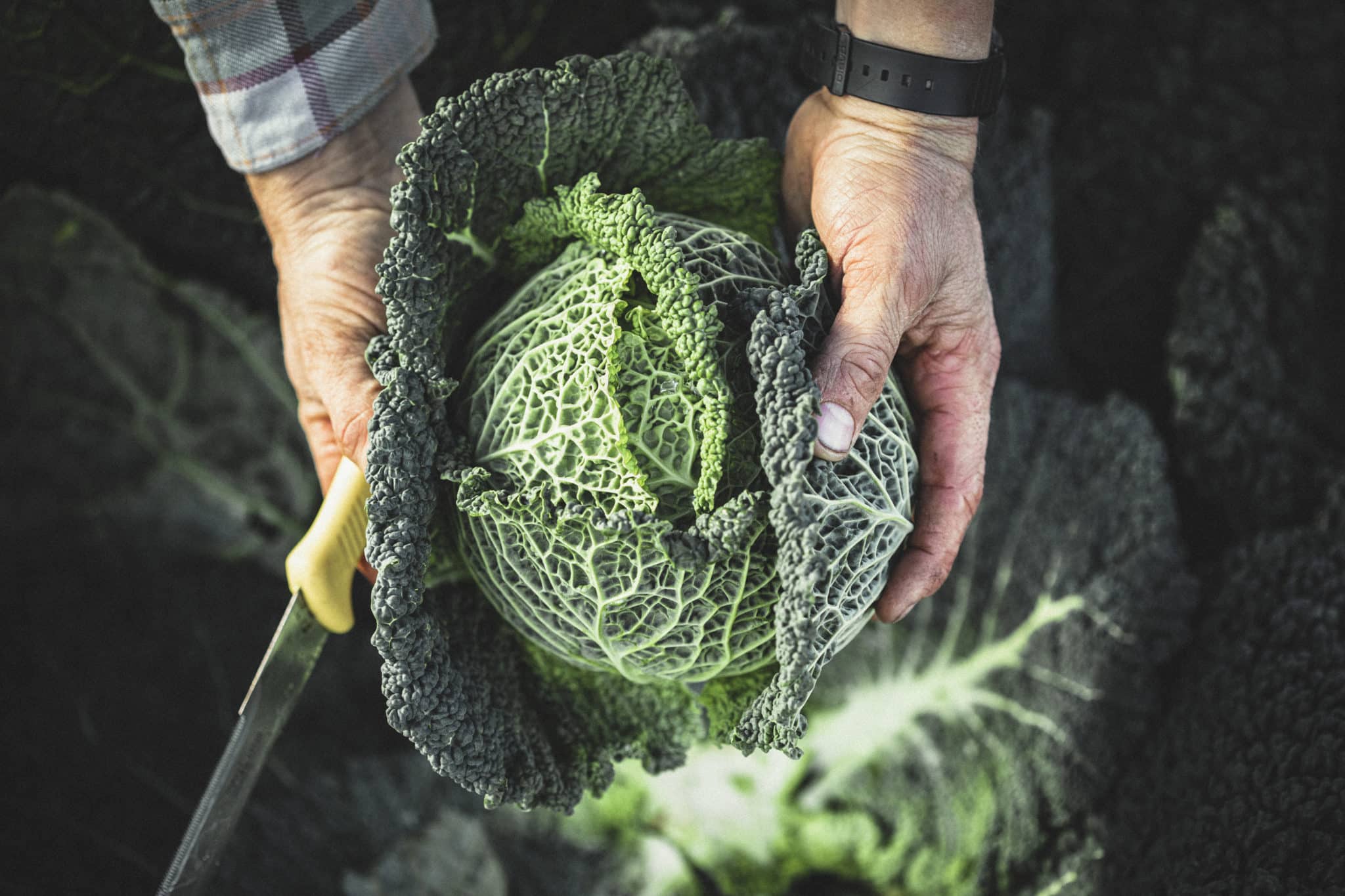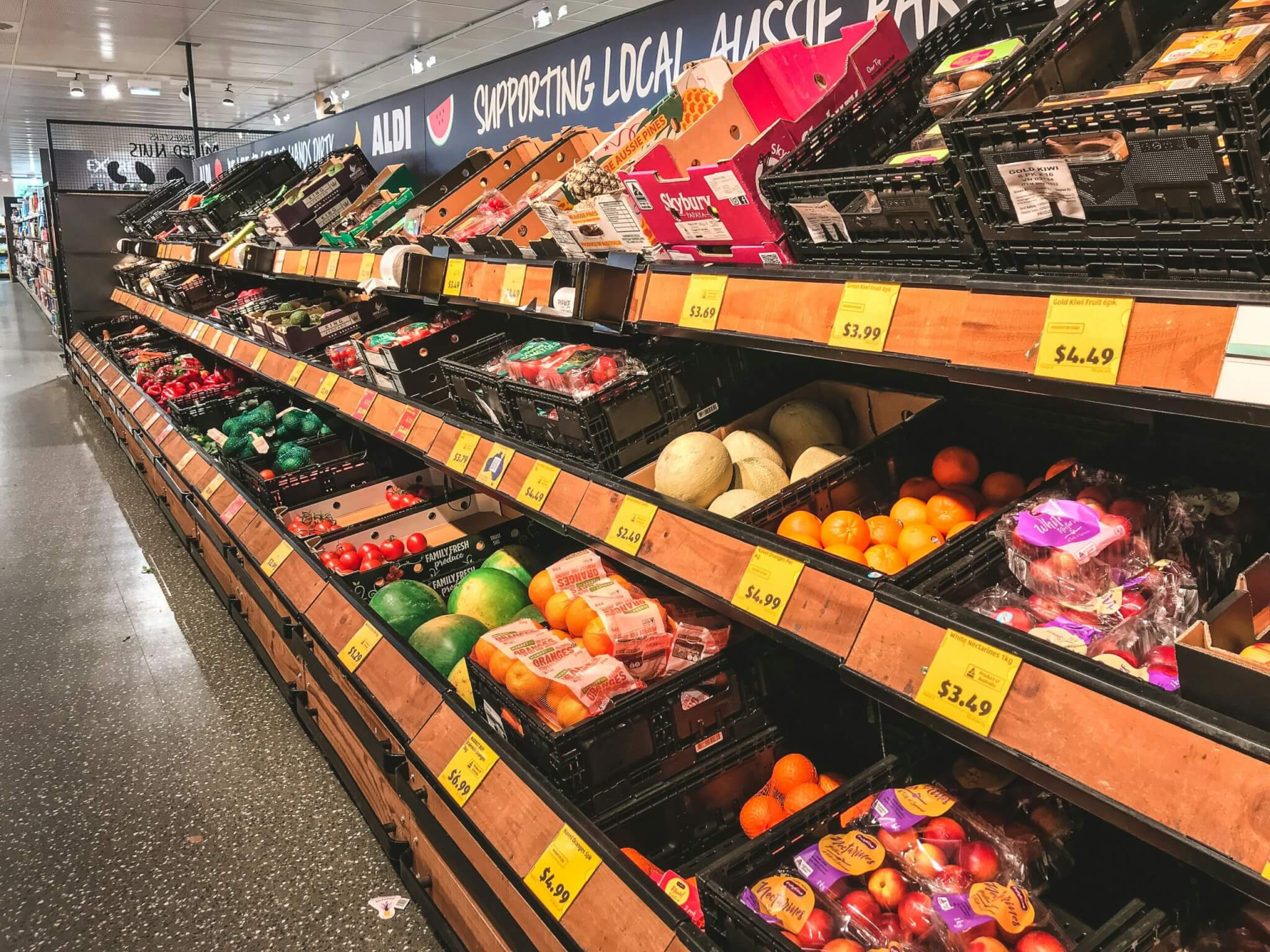Walking my crops today was a disconcerting experience. With the shortest day within sight, crops should be sinking into a hibernating slumber; drawing in and saving themselves for spring. Instead, I return with my bag full of artichokes and purple sprouting broccoli cut from plants reaching out with unseasonal vigour. As described last week, this flush of growth brought on by a bizarrely warm autumn, combined with disappointing sales have left our careful planning for veg boxes in disarray, with a mountain of leafy brassicas at risk of being wasted.
With poverty and even hunger becoming more apparent in our country every day, many of you, along with Riverford co-owners, have suggested that this surplus should be donated to those in need via food banks, soup kitchens and school meal providers. Having done a little research, there is no doubt of the need or the will to make it happen; the problem is one of cost and logistics.
As a rule of thumb, for every £1 we pay a farmer for, say, a kilo of kale, it costs 30p to plant, weed and tend the crop, 30p for the overheads to make the farm run (diesel, machinery, insurance etc), and 30p to harvest, leaving 10p to reinvest or, occasionally, to make a profit. On the surplus brassicas, Riverford and the farmers have collectively accepted the loss of the first 60p. If we can find the 40p to pay for harvest, and perhaps also pay a little to the grower, to get what would otherwise be wasted from field to our yard, the charity FareShare can get these greens to families, schools and those in need. As a distributor of food surplus across the country, and one of our charity partners, we know they are organised, effective and seeing a huge explosion in demand across the country.
I don’t want to ask growers (many of whom are also struggling with cost inflation), or our co-owners to pay, so my proposal is this: I am about to receive an unexpected dividend from my remaining 23 per cent shares in Riverford. If I pay the first 10p of each 40p, I am hoping some of you who can afford it might make up the rest. In doing so, perhaps together we can take a small step to help those left in need while avoiding the waste of those beautiful Savoys.
To find out how to donate to FareShare, click here.













Great idea! Bring on the Brassica Bounty Box!
Great idea, please keep us posted on how this is going!
They’ve raised nearly £9000 so far, and with Guy’s 25% addition, it makes 11,250. That’s a lot of brassicas.
Great idea – had you thought about getting tax relief on donations for tax payers?
They looked into it and it proved too complicated for the pace they needed to get the system up and running. Good thought though!
Great idea. See also David Brown’s comment. How to do it so that FareShare gets the tax back? If I donate direct to FareShare then there is no link to Riverford.
While giving it away is brill, a couple of alternatives occur to me. It can’t be impossible to sell beautiful cabbages! Aren’t there any markets in Devon any more? Seriously. When I was a child in Seaton, I used to love Axminster Market and there was I recall a huge market in Exeter. Also, all the major supermarkets now sell organic fruit and veg.